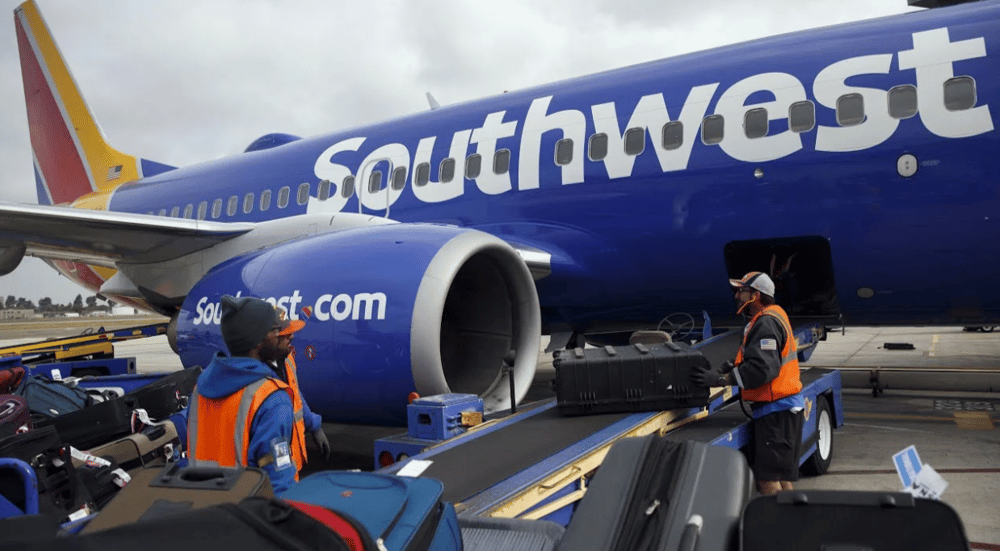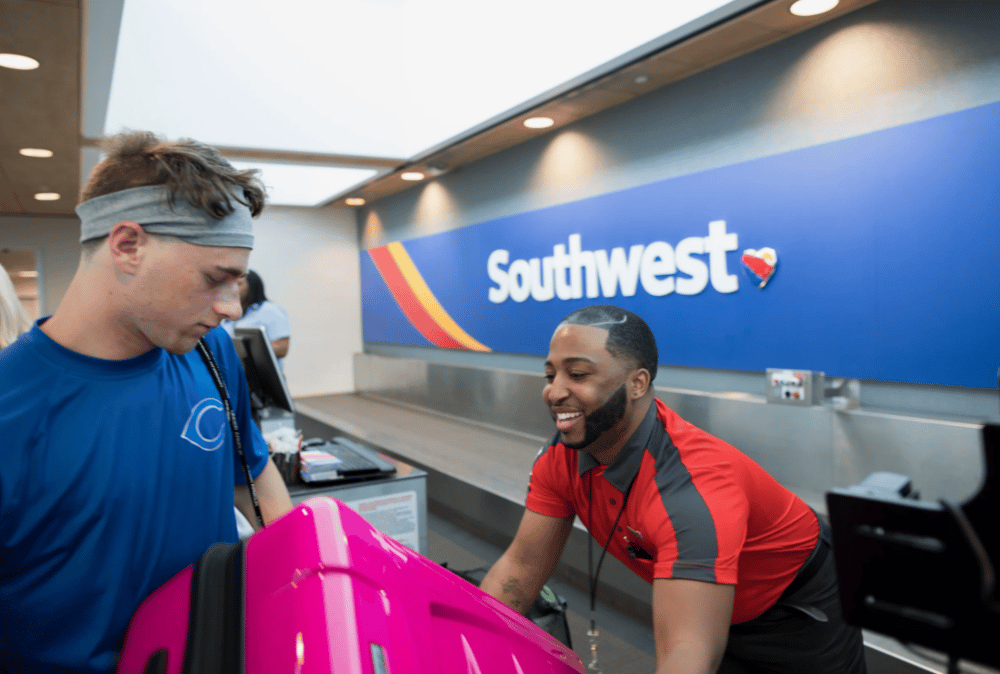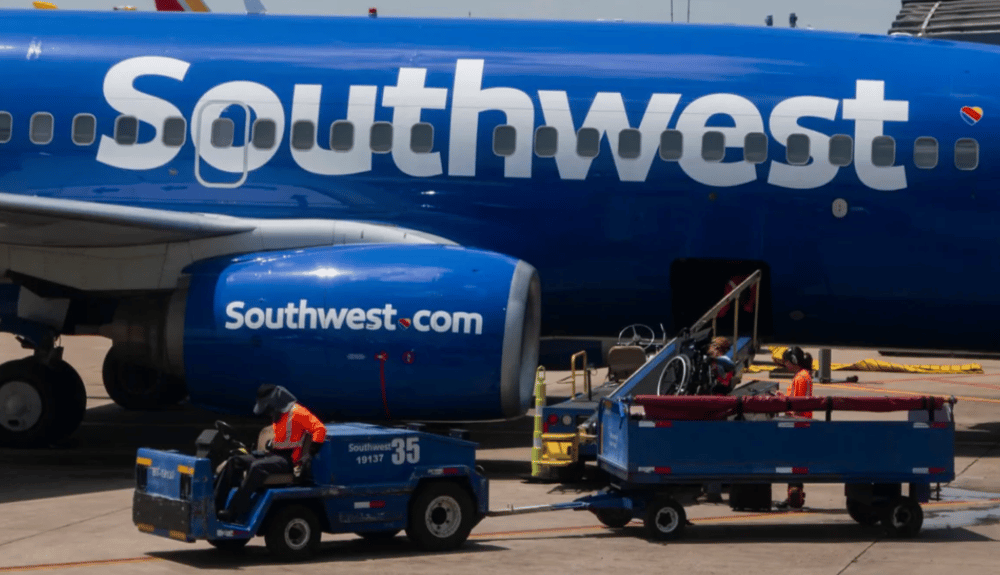Southwest Airlines Ends Free Checked Baggage Policy, Introduces New Fees in USD
On Tuesday, Southwest Airlines $LUV, a major U.S. carrier known for its customer-friendly policies, announced a significant change: the introduction of fees for checked baggage. The airline will now charge passengers $35 for the first checked bag and $45 for the second, except for certain elite customers. This move officially marks the end of Southwest’s long-standing policy of free checked bags, which had been a unique selling point in the competitive U.S. airline market.
This policy shift aligns with Southwest’s broader strategy to bolster ancillary revenue streams as the aviation industry recovers from pandemic-related financial pressures and navigates inflationary headwinds.
Implications of Southwest’s Baggage Fee Introduction on Market Position and Revenue
Southwest Airlines' decision to abandon its free checked baggage policy is a noteworthy departure from its historical brand positioning. The airline had distinguished itself by absorbing baggage fees, attracting price-sensitive leisure travelers and business clients seeking cost transparency.
The introduction of $35 and $45 fees for the first and second checked bags respectively reflects both internal financial considerations and broader industry trends. Airlines worldwide have increasingly relied on ancillary fees to offset rising fuel costs, wage inflation, and supply chain disruptions. Southwest’s previous policy, while popular with customers, limited its ability to enhance revenue per passenger.
This change may improve Southwest’s revenue mix but carries reputational risk in the context of fierce competition from other U.S. carriers such as American Airlines $AAL and Delta Air Lines $DAL, which have long charged for checked luggage. The fees apply selectively, exempting elite frequent flyers and loyalty program members, aiming to balance profitability with customer retention.
The pricing is denominated in USD, reflecting the airline’s primary operating currency and investor focus on earnings denominated in U.S. dollars.

Key Facts
$35 fee for the first checked bag and $45 for the second
Policy applies except for select elite passengers and loyalty members
Southwest Airlines ends decades-long free baggage policy
Move aimed at boosting ancillary revenue amid rising operational costs
Competes directly with airlines like American Airlines and Delta, which already impose baggage fees
Market Reaction and Industry Context
Following the announcement, Southwest Airlines’ stock experienced mild volatility, reflecting investor anticipation of improved revenue streams offset by potential passenger dissatisfaction. Analysts highlight that while ancillary fees improve margins, they may pressure passenger load factors if customers opt for competitors or alternative travel modes.
Industry experts note the trend of shifting airlines towards a “base fare plus fees” revenue model, which allows greater pricing flexibility but also complicates customer expectations. The baggage fee move positions Southwest closer to its major rivals, potentially eroding its differentiation.
Customer loyalty programs and elite tiers are used strategically to mitigate backlash, rewarding frequent travelers with fee waivers to maintain retention and brand loyalty.
The broader airline sector faces headwinds from fluctuating fuel prices, evolving consumer behavior post-pandemic, and macroeconomic uncertainties. Southwest’s move underscores the critical balance carriers must strike between profitability and customer satisfaction in a price-sensitive market.

Key Points
Revenue Enhancement: Baggage fees aimed at increasing ancillary revenue amid rising costs.
Competitive Alignment: Southwest aligns baggage policies with other major U.S. airlines.
Selective Exemptions: Elite members retain free checked bags to preserve loyalty.
Stock Market Impact: Slight stock fluctuations as investors assess financial benefits versus reputational risks.
Industry Trend: Part of a broader shift toward unbundled pricing strategies in aviation.
Southwest Airlines’ New Baggage Fees Signal Strategic Shift Amid Challenging Aviation Economics
Southwest Airlines’ introduction of checked baggage fees represents a pivotal adjustment to its revenue strategy, aiming to bolster financial resilience amid persistent cost pressures in the airline industry. By ending its free baggage policy, Southwest embraces a more conventional fee structure prevalent among competitors, while seeking to maintain loyalty through targeted exemptions.
This development illustrates the ongoing evolution in airline business models as carriers adapt to post-pandemic market realities, inflationary environments, and changing consumer expectations. For investors and market watchers, Southwest’s policy change highlights the intricate trade-offs between profitability, customer experience, and competitive positioning in a dynamic global aviation landscape.















Comments